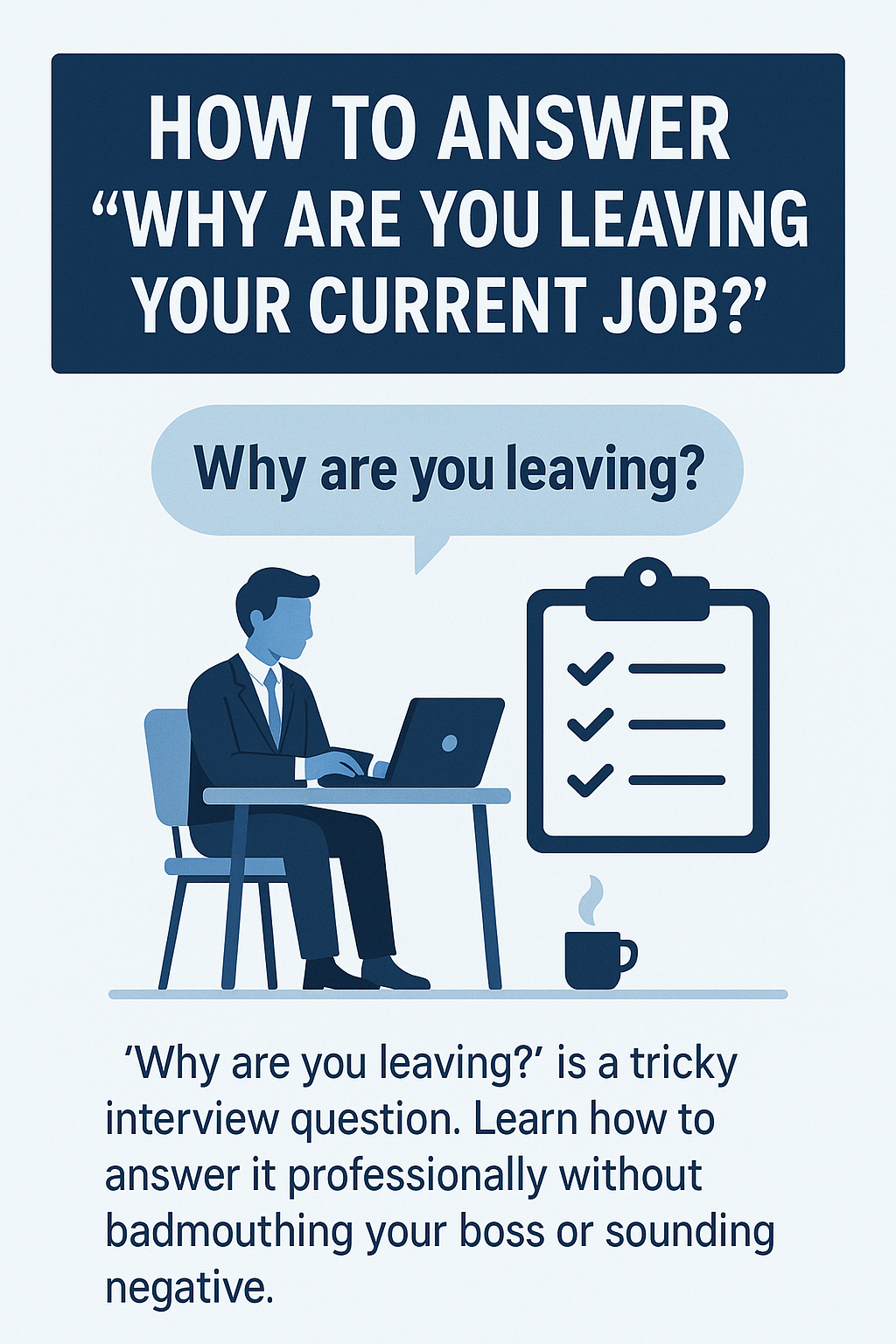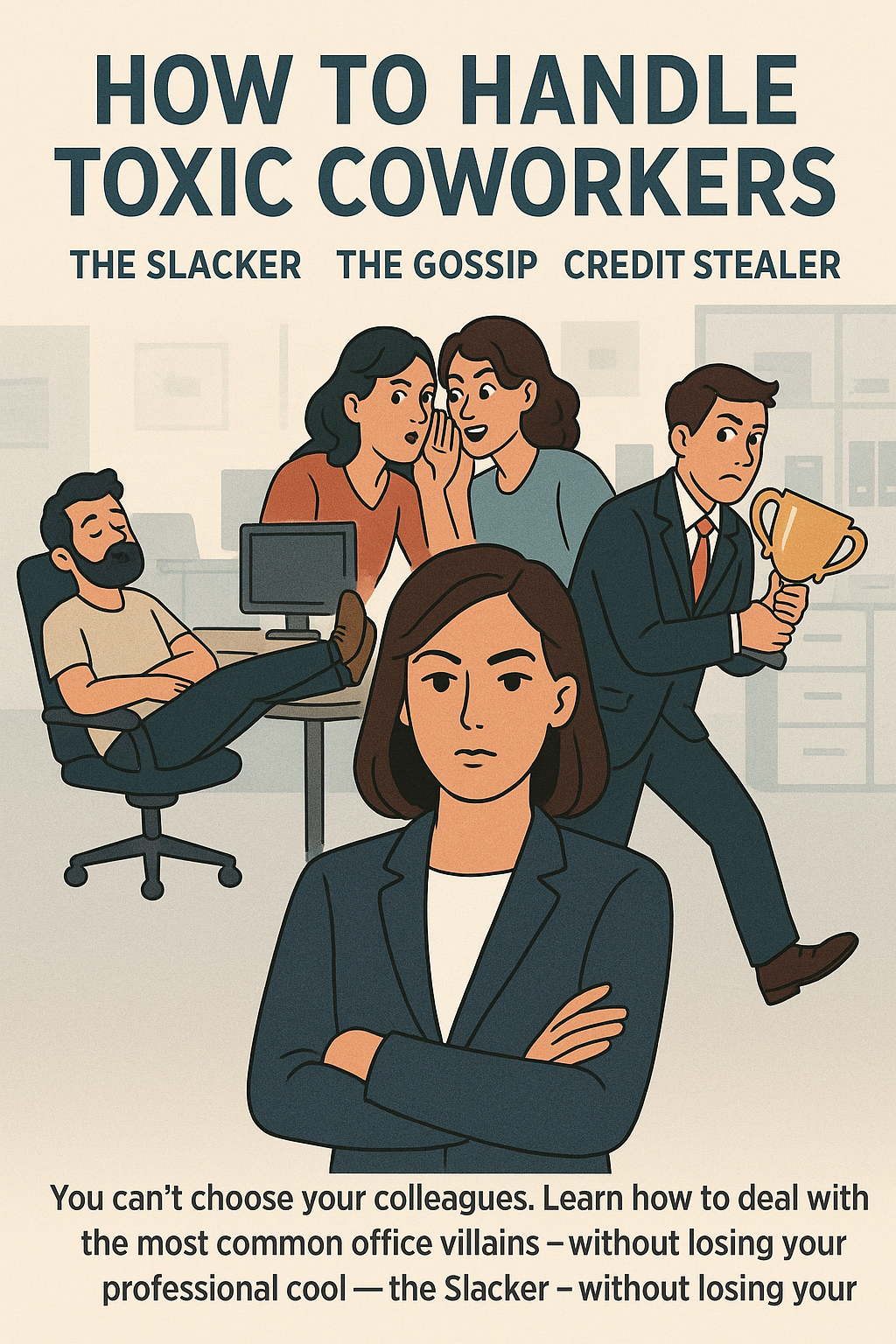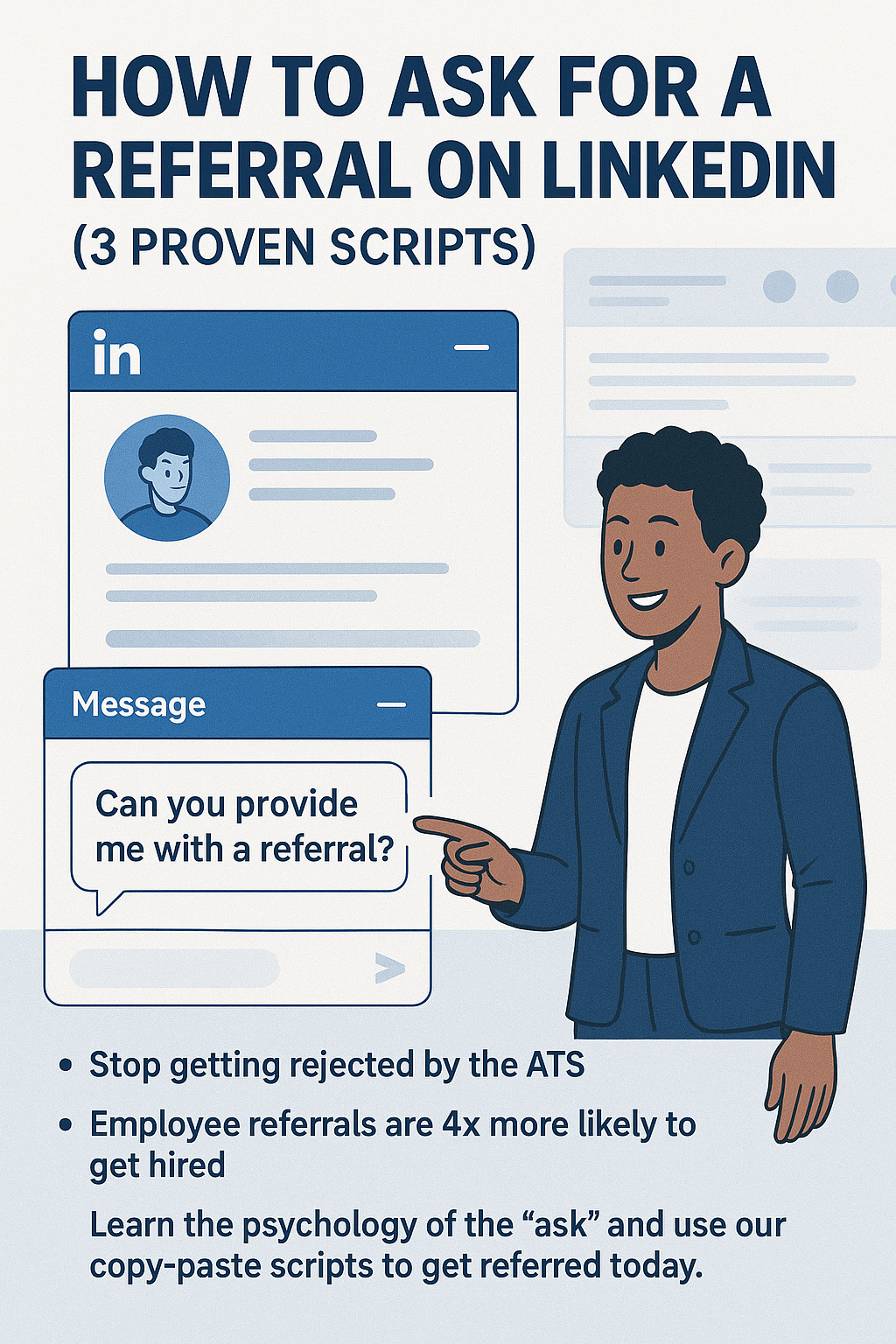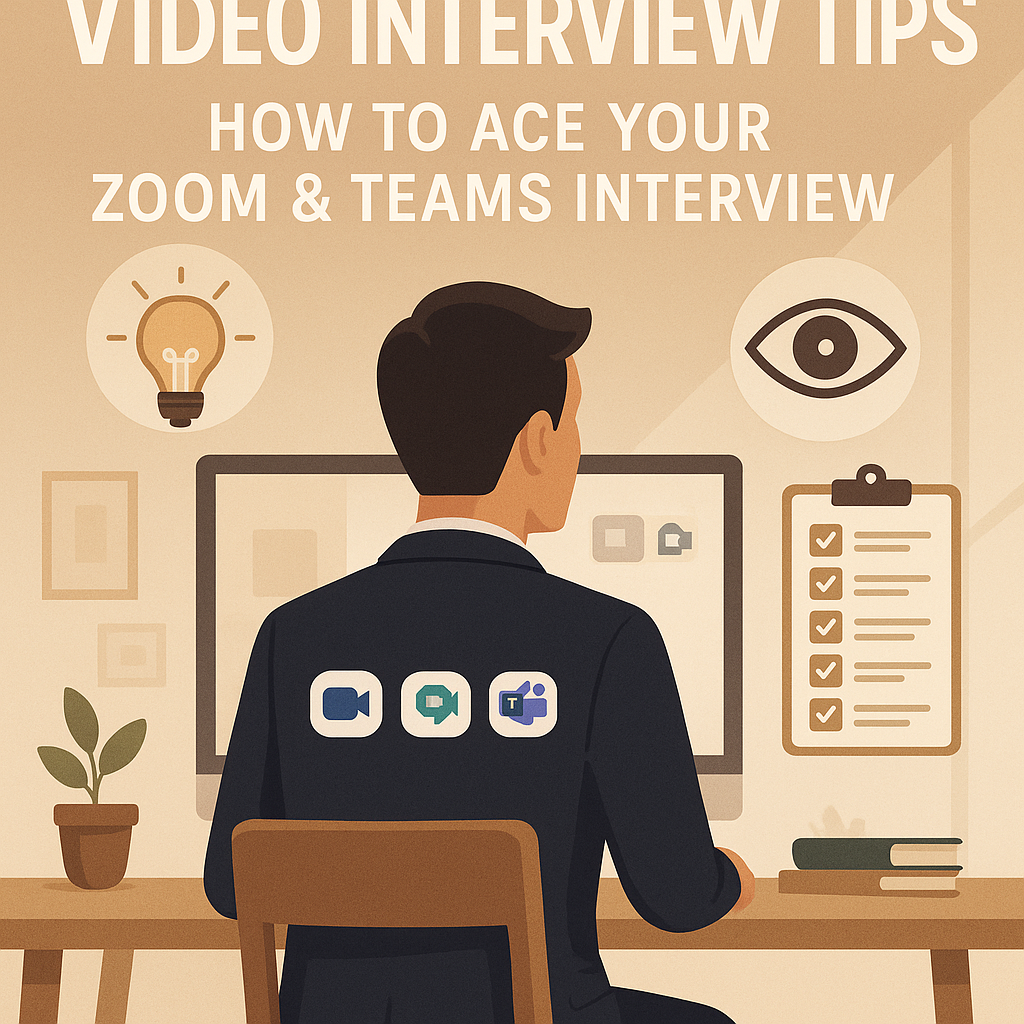
How to Answer "Why Are You Leaving Your Current Job?" Without Sounding Negative
It’s the question that makes every job seeker nervous. You’re sitting in an interview, things are going well, and then the recruiter asks, "So, why are you looking to leave your current role?"
Instantly, your mind floods with the real reasons. Maybe your boss is a micromanager. Maybe the company culture is toxic. Maybe you haven't had a raise in two years. Maybe you're just bored to tears. The temptation to be honest—to vent your frustrations and explain exactly why you need to escape—is overwhelming.
But giving in to that temptation is the fastest way to fail an interview.
This question is a trap, but not for the reason you think. The interviewer isn't looking for the "truth" about your current company's failings. They are testing your professionalism, your attitude, and your resilience. They want to know: Are you running away from a problem (which you might bring with you), or are you running toward an opportunity? Are you a complainer, or are you a career strategist?
Answering this question requires a delicate balance. You need to be honest enough to be credible, but diplomatic enough to remain professional. You need to frame your departure as a positive step forward, not a desperate escape. This guide will provide you with the strategy and the scripts to turn this potential landmine into a powerful statement of your ambition and value.
The Golden Rule: Never, Ever Badmouth Your Employer
This is the single most important rule of interviewing. No matter how terrible your current boss is, no matter how dysfunctional the company is, you never speak negatively about them in an interview.
Why? Because the interviewer doesn't know your boss. They only know you. If you complain, you look: * Disloyal: "Will they talk about us this way in two years?" * Difficult: "Maybe the problem wasn't the boss; maybe it was them." * Negative: "This person seems to focus on the bad aspects of work."
Even if your complaints are 100% valid, voicing them hurts your brand, not your employer's.
The "Pivot" Strategy: From Push to Pull
The secret to a great answer is to acknowledge the "Push" (why you're leaving) briefly, and then immediately pivot to the "Pull" (why you want this job).
- The Push (10% of your answer): A neutral, professional statement about why your current situation has reached its natural conclusion.
- The Pivot (The Bridge): A connecting phrase like "That's why I was so excited to see..."
- The Pull (90% of your answer): A passionate explanation of what attracts you to the new role and company.
Proven Scripts for Common Scenarios
Here is how to apply the Pivot Strategy to the most common reasons for leaving.
Scenario 1: You Want More Growth (The "Ceiling" Answer)
This is the safest and most common reason. It shows ambition.
The Script:
"I’ve learned a tremendous amount at [Current Company] over the last three years, and I’ve been proud to [mention one key achievement]. However, I’ve reached a point where there are no longer opportunities for me to grow or take on new responsibilities within the current team structure. I’m ready for the next step in my career, specifically a role that allows me to challenge myself with [Skill/Responsibility], which is why I was so drawn to the [Job Title] position here."
Scenario 2: You're Underpaid or Undervalued
Never say "I want more money." Frame it as "seeking market value" or "leveling up."
The Script:
"I’ve really enjoyed my time at [Current Company], but the structure of the organization has remained quite static. I’m looking to join a company that values [Your Key Skill] as a core strategic driver and offers a clear path for professional development and advancement. Your company's reputation for investing in its [Department Name] team was a huge factor in my decision to apply."
Scenario 3: You Hate Your Boss / Toxic Culture
This is the hardest one. You must code your answer carefully. Instead of "toxic," use "cultural fit." Instead of "bad boss," use "different management style."
The Script:
"I’m looking for a new opportunity because I’ve realized that I thrive best in a collaborative, transparent culture where teams are empowered to make decisions. My current environment has changed recently to be a bit more siloed, and I miss the energy of a highly collaborative team. I’ve heard great things about the open culture at [Company Name], and that environment is where I do my best work."
Scenario 4: You Were Laid Off
Honesty is the only policy here. Layoffs are common and not a reflection of your skill.
The Script:
"Unfortunately, my role was eliminated as part of a recent company-wide restructuring at [Current Company]. While it was disappointing because I loved the work, it has given me the chance to take a step back and refocus my job search on roles where I can use my [Key Skill] to make a direct impact, which led me to this conversation."
Final Tips for Success
- Keep it Short: Don't ramble. Give your answer in 30-45 seconds and stop. The more you talk, the more likely you are to say something negative.
- Practice Out Loud: Say the words until they feel natural. You want to sound calm and confident, not rehearsed or defensive.
- Bring it Back to Them: Always end your answer by talking about the new company. "And that's why I'm here today."
Conclusion: It's About the Future, Not the Past
The "why are you leaving" question is really just another version of "why do you want this job?" By mastering the Pivot Strategy, you can breezily acknowledge your past while keeping the spotlight firmly focused on your exciting future with the new company.
Preparation is key. Before your interview, practice this answer along with other common interview questions. And to ensure your resume supports your story of growth and ambition, give it a final polish with the JobPe Resume Builder.
For more career advice and tools to help you navigate your next move, https://jobpe.com.

Creative Content Writer






